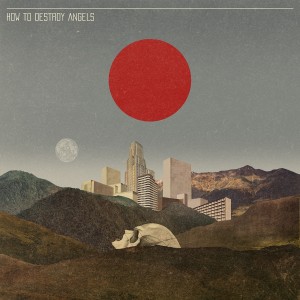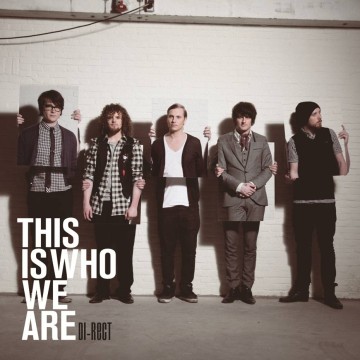You may have noticed the “buy me a drink” link that shows below every post (also in all the places besides b-sting.com where it is crossposted, like Livejournal and Facebook). Two people now have asked me what that’s about. I’ll explain in case it leads to misunderstandings.
B-sting.com is my music website where I not only talk about music, but also plan to release my own stuff some day soon. A lot of the music will probably be given away for free (partially at least, with an option to ‘support the artist’), so as a business model for my ‘internet venture’ that’s kinda sucky.
“Buy me a drink” is basically nothing more than a donate button. The cap a street musician puts in front of him where you can toss in a coin if you like it. But “donating” sounds like I’m a starving artist, a charity in need of financial help. I don’t need money, I have a well-paid day-job and this is blogging/musician thing is what I do because I love doing it. Any artist with stars in his eyes dreams of one day ‘living off art alone’, but I’m realistic, so for now happy with just a complimentary drink. And who knows, maybe one day all the drinks combined make up for a bit of the expenses I make to do what I love doing.
So I liked the idea of the “buy me a beer“-plugin for WordPress (except that I don’t like beer, but luckily you can customize the plugin). It’s like saying “hey, I like what you’re onto there, let me buy you drink, my friend!”. Just like in real life. For those familiar with Facebook, it’s sort of the ‘like’-button of my website.With the difference that you can buy a drink and you decide what you pay. Two cents, 2 euro’s, doesn’t matter, you can toss a Zimbabwean dollar in the hat if you like. You can even buy me a drink irl, if you want.
Let it be clear no one needs to press that button and buy me drinks. It is completely optional. It’s not like when every one buys a round and you have to too. And even though I do admit I greatly appreciate the gesture if you do, I won’t like you any less if you don’t. To be quite honest, so far no one has bought me a drink at all. So no, I’m not raking in big dough. But that’s to be expected since there’s no music yet, only blog posts for one and a half months. And if you don’t want to give money, a “great post!”-reply or a “Like” on Facebook every now and then suffices too. Not that lack of replies has ever stopped me from blogging either though.
P.S. Has any one ever spotted a street musician who plays Gimme Some Money? They totally should.
Like this? Buy me a drink! According to Thom Yorke, the music industry is on the brink of collaps “within months” and signing with a a major record label is like going sailing with a sinking ship. Not only that Thom, you also forgot to mention the fact they throw you into huge debts with the only possibility to get out of unless you become a huge star (which every one always thinks of themselves, but a lot rarely accomplish) and that at the end of the day, the own most of the stuff you made.
According to Thom Yorke, the music industry is on the brink of collaps “within months” and signing with a a major record label is like going sailing with a sinking ship. Not only that Thom, you also forgot to mention the fact they throw you into huge debts with the only possibility to get out of unless you become a huge star (which every one always thinks of themselves, but a lot rarely accomplish) and that at the end of the day, the own most of the stuff you made.



